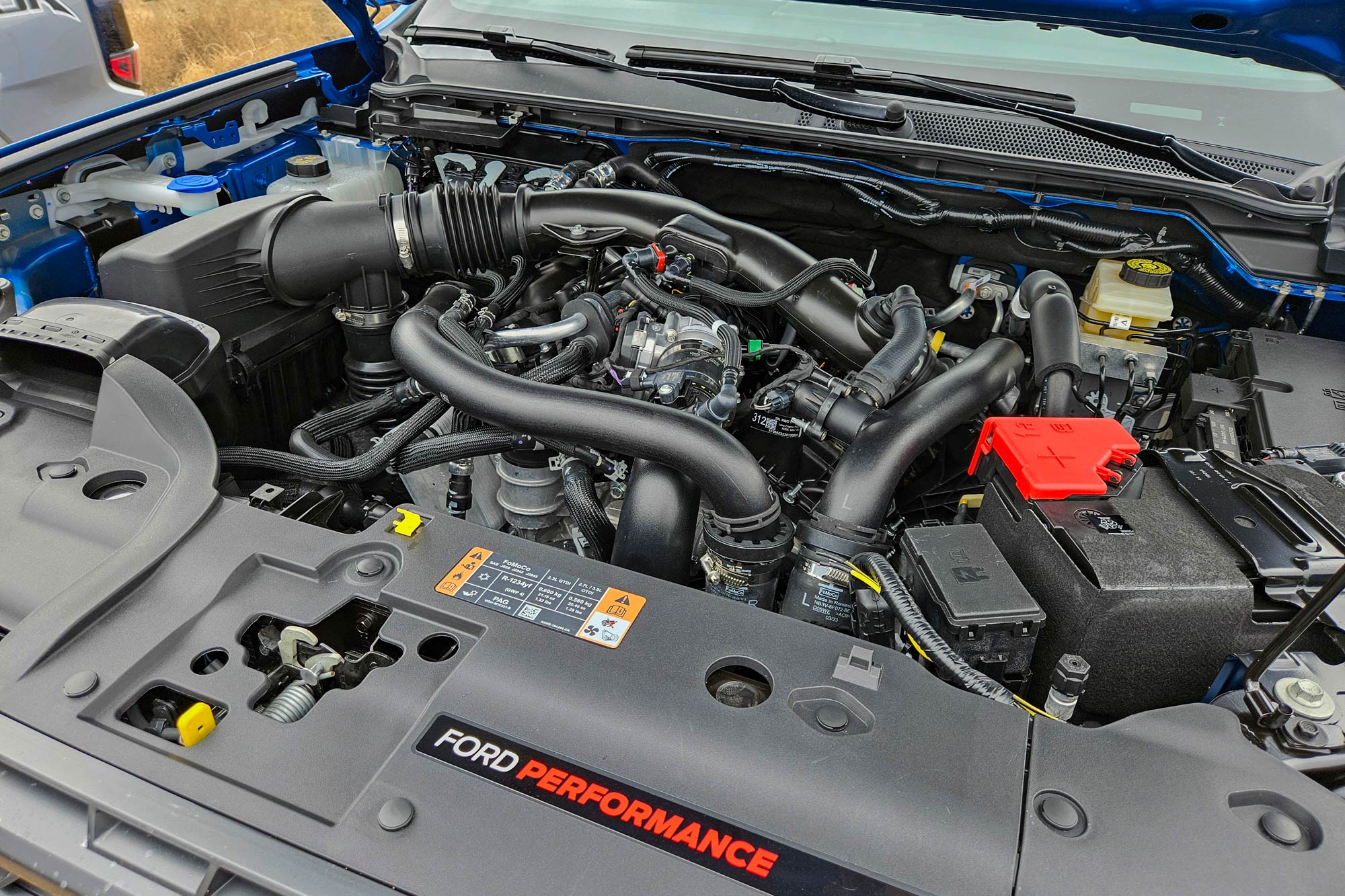How to Maintain and Optimize the 2.2 Ford Ranger Engine for Long-Lasting Performance
What Makes an Automobile Engine Run Efficiently: Top Tips for Ideal Care
The smooth operation of a cars and truck engine is basic to both performance and durability, making optimal treatment an essential duty for automobile proprietors. What specific actions should you focus on to ensure your engine remains in peak problem?
Routine Oil Modifications
One of one of the most critical elements of automobile maintenance is ensuring your engine obtains routine oil modifications. Engine oil lubricates inner elements, decreases rubbing, and aids preserve optimal operating temperature levels. With time, oil breaks down due to heat, impurities, and the natural results of combustion, leading to reduced performance and prospective engine damages.
A lot of producers advise altering the oil every 5,000 to 7,500 miles, yet this interval can differ based upon driving conditions and oil kind. For instance, synthetic oils might permit longer periods in between modifications. Normal oil modifications not only enhance engine performance but additionally improve gas efficiency, as tidy oil advertises smoother operation.
Ignoring oil changes can lead to sludge build-up, which impairs flow and can bring about severe engine problems. It is essential to check oil levels frequently and keep an eye on for any unusual modifications in shade or uniformity, which could indicate contamination or destruction.
Keeping Coolant Degrees
Keeping correct coolant levels is crucial for preventing engine overheating and guaranteeing optimum performance. The coolant, typically a combination of water and antifreeze, distributes via the engine, taking in warm and avoiding thermal stress and anxiety. Inadequate coolant can result in enhanced engine temperatures, which may trigger severe damages or perhaps overall engine failure.
To preserve ideal coolant degrees, routinely examine the coolant reservoir, usually located in the engine bay. Ensure the coolant is filled up to the suggested mark, as shown in your vehicle's proprietor handbook. It is suggested to examine the levels at least as soon as a month or in the past long trips, specifically during extreme climate condition.
If you discover that the coolant degree is continually low, there may be a leakage in the air conditioning system, which ought to be addressed promptly to prevent further difficulties. 2.2 ford ranger engine. Furthermore, flushing the coolant system every a couple of years can help get rid of any type of built up particles and guarantee reliable warm exchange
Checking Air Filters

It is recommended to inspect the air filter every 12,000 to 15,000 miles, or more frequently if driving in dusty or unfavorable conditions. A straightforward visual assessment can often expose whether the filter is unclean or harmed. It must be replaced quickly. if the filter shows up stained or has noticeable dirt build-up.
Using a high-quality air filter made for your specific car model can even more boost engine performance. In addition, some vehicles may take advantage of multiple-use filters that can be cleaned and re-installed, offering a ecologically pleasant and affordable choice.
Inspecting Flicker Plugs
Ignition system are essential elements of a car's ignition system, straight influencing engine efficiency and effectiveness. They develop the trigger that stirs up the air-fuel combination in the burning chamber, assisting in the engine's power generation. Routine assessment of ignition system is essential for keeping view it ideal engine feature and protecting against potential concerns.
During an examination, search for indicators of wear or damages, such as fractures, carbon accumulation, or too much gap widening. A healthy and balanced ignition system normally displays a light brownish or tan shade. Dark soot or oil down payments can indicate incorrect combustion, while a blistered or white appearance may suggest overheating. this page Both problems require immediate attention to stop additional engine damages.
It's suggested to examine trigger plugs every 30,000 miles, or as suggested in your lorry's owner guidebook. Additionally, think about changing them according to the producer's standards, as old or worn trigger plugs can lead to misfires, minimized fuel effectiveness, and raised emissions.
Tracking Tire Stress
Guaranteeing appropriate tire stress is a critical element of vehicle security and efficiency. Under-inflated tires can lead to reduced gas efficiency, boosted tire wear, and endangered handling. Conversely, over-inflated tires can minimize grip and raise the risk of blowouts. Normal surveillance of tire stress is essential for optimal car operation.
Tire pressure ought to be inspected at least when a month and soon trips. Use a reputable tire stress gauge to determine the pressure when the tires are chilly, ideally before the automobile has actually been driven for at the very least 3 hours. Describe the automobile's proprietor guidebook or the placard situated on the vehicle driver's side door jamb for the supplier's advised pressure levels.
It is essential to note that tire pressure can vary with changes in temperature; a drop of 10 ° F can result in a 1-2 psi reduction in stress. Furthermore, visually inspect tires for any kind of indicators of wear or damages during your monitoring regimen. Keeping correct tire stress not only boosts car safety and security however likewise improves gas effectiveness and prolongs Learn More Here tire life, inevitably adding to a smoother engine efficiency.
Conclusion
In conclusion, preserving an auto engine's smooth operation needs attentive attention to a number of vital factors. Eventually, an aggressive technique to engine treatment is essential for making sure integrity and capability over time.
One of the most essential elements of vehicle upkeep is guaranteeing your engine obtains normal oil changes. Engine oil lubricates internal elements, minimizes rubbing, and assists keep optimum operating temperature levels. Normal oil changes not only boost engine efficiency yet also enhance fuel efficiency, as clean oil advertises smoother operation.
Insufficient coolant can lead to increased engine temperatures, which may cause extreme damages or also complete engine failing.
